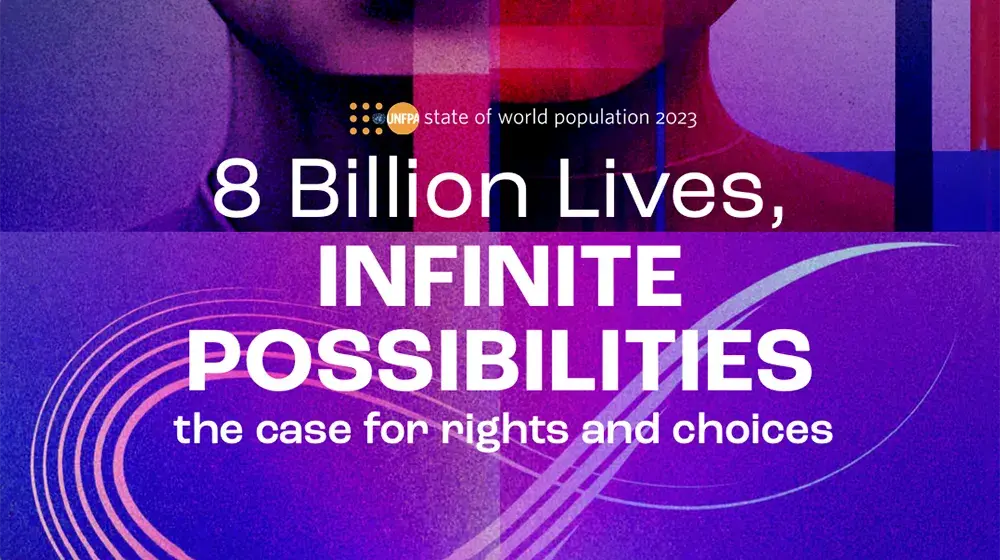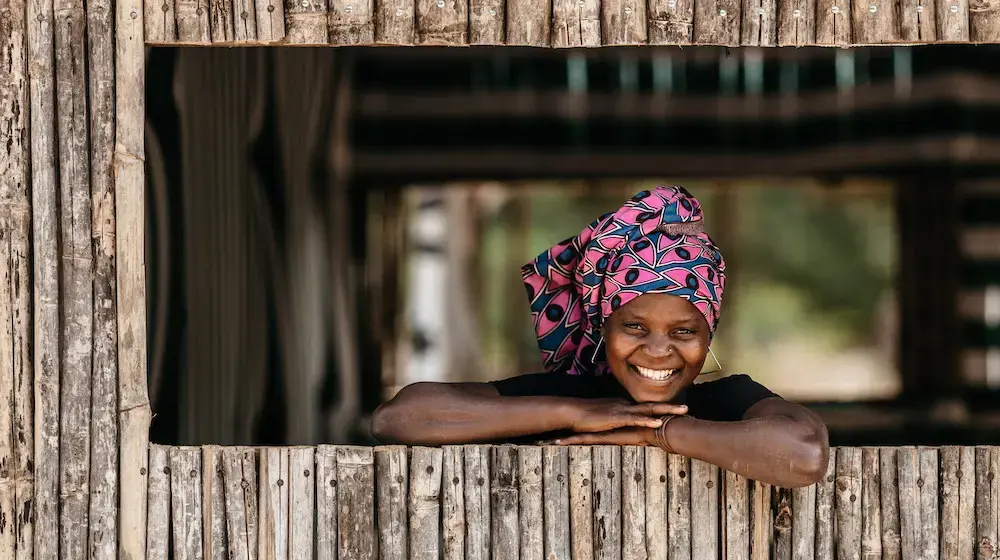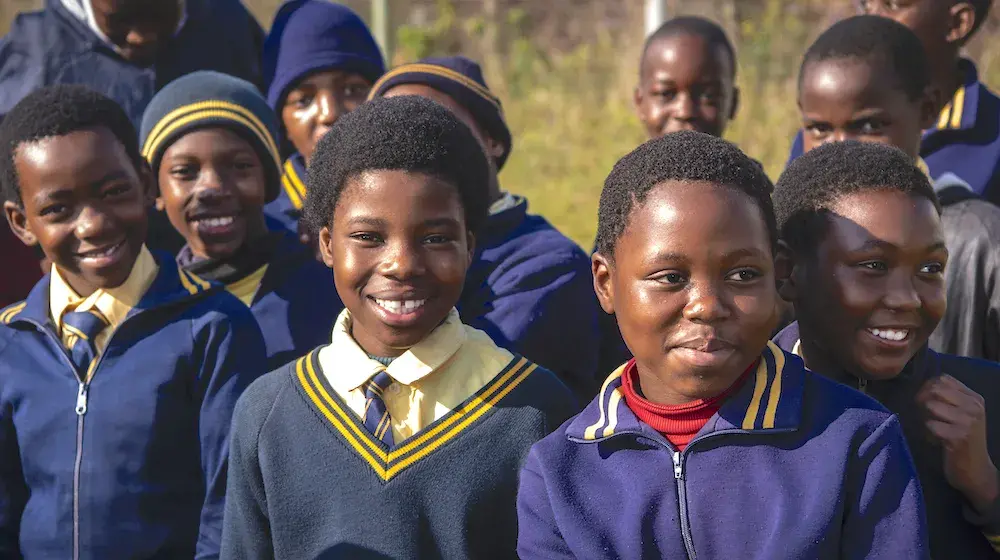On a bright Sunday morning on the 28 August 2016 the Deputy Minister of Social Development, Honourable Hendrietta Bogopane- Zulu, convened a girl’s assembly in the rural Mareetsane village of the North West, with 1800 girls below the age of 18 (who are who are mothers or pregnant both in and out of school). The aim of the assembly was to address the issue teenage pregnancies in the Ratlou local municipal area of North West. The municipality has a population of 107 339 people, and reports from Statistics South Africa (Stats SA) document the unemployment rate at 43.9% and youth unemployment rate is 52.4%. Due to the endemic poverty of the area, most residents rely on casual jobs or social grants. The Census 2011 report notes that of the population aged 20 and older in the municipality, 24.6% have some level of secondary schooling, and only 11.2% have matric; 28.9% of people have no schooling and 26.9% have some level of primary schooling. On completion rates, 5.3% completed primary schooling and only 3.1% have some form of higher education.
It is widely acknowledged that in South Africa HIV prevalence is remains very high, and despite the success in saving lives through the provision of free treatment for people living with HIV and AIDS, it is estimated that nearly 2,000 girls and young women between the ages of 15 and 24 get infected by HIV each week. This is highest rate of new HIV infections in any age or gender category.
The girl’s assembly was aptly convened in a municipality where a recorded number of 3000 girls, some as young as 11, are pregnant or have given birth to one or more children. The gathering provided an opportunity for the girls to be heard and be part of informing programmes targeted at them. The well attended event was planned as part of Women's Month activities, and it provided an opportunity for the girls and young mothers to have access to comprehensive information and services, including family planning, HIV counselling and testing, to pap smear and self -breast clinical examinations, access to positive parenting and alcohol & drug literacy programmes and being put on the chronic register for Pre-Exposure Prophylaxis (PrEP).
The programme of the day was led by the Deputy Minister of Social Development, Honourable Henrietta Bogopane- Zulu and the leadership from the municipality was led by the Mayor, Councillor Tebogo Modise. The UNFPA representative Dr. Esther Muia, who spoke also on behalf of the UN in South Africa, was among the key guests at the assembly who gave messages of support. Others were His Excellency Yeon Ho Choi, Ambassador of Korea, Mr Mlungisi Khumalo, from the Deputy President’s Office and Ms Mmabatho Ramakgoshi, from the Ministry of Women. A renowned media personality Ms. Chriselda Kananda shared her life experience of rising from “Ashes” to “Glory” and gave some words of Wisdom to the girls. A Traditional grandmother counsellor Koko Grace Masuku was also at hand to say what was being seen among young girls in this society is unacceptable and cannot be taken lying low!
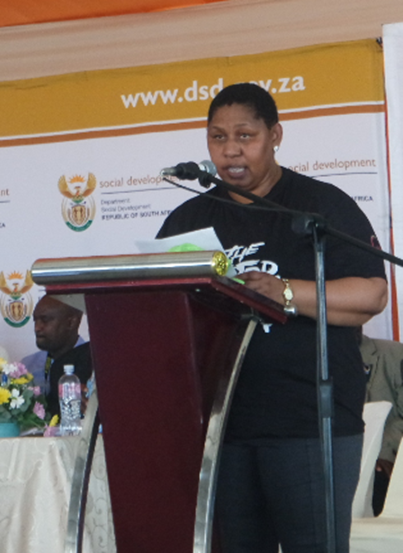
Delivering a message of support on behalf of the United Nations in South Africa, UNFPA Representative, Dr Esther Muia, noted that Growing up as a girl in Africa, and in a rural area and getting out strong and unbruised is not a given! The obstacles that one has to overcome are numerous----from abuse to denial of your rights ---even the basics that we take for granted—good nutrition education, good health care etc. It even becomes a bigger challenge at the stage of transition from childhood into adult-hood------ As a result we are constantly Vulnerable and at increased risk of so many undesirable situations. Another elephant in the room GBV!
Dr Muia further remarked that addressing the social ills plaguing these girls, calls for leadership to be capacitated to help address factors that cause teen pregnancy. When leaders invest in the health and education of their young people, especially teenage girls, and create opportunities for them to realise their full potential, they are also better positioned to realise a demographic dividend, which can propel economic growth to combat poverty. Therefore the eradication of teenage pregnancy and intensified HIV prevention is important and it requires special attention to enable girls and young women to live up to their full potential. Furthermore, addressing gender based violence, rape and incest and the economic empowerment of girls and young women in society have the ability to ensure that girls growing up in a similar poverty- stricken circumstances have unlimited future prospects.
The girls are looking at becoming the mentors they never had! We need to support them. As the UN we must play our part and be committed to help capacitate the leadership in this province and the girls and their communities as well as families. We need to help the girls overcome low self-esteem and help them be economically empowered, help improve access to critical social services, including education and sexual and reproductive health information and services for those in school and out of school. We are committed to supporting government to do this.
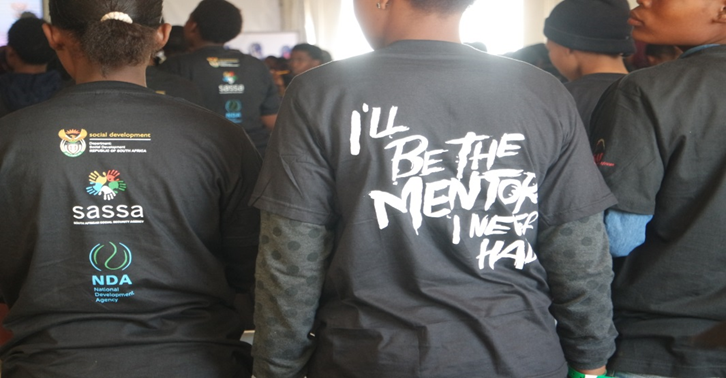
As UNFPA we will be instrumental in helping these girls become the mentors they never had.


